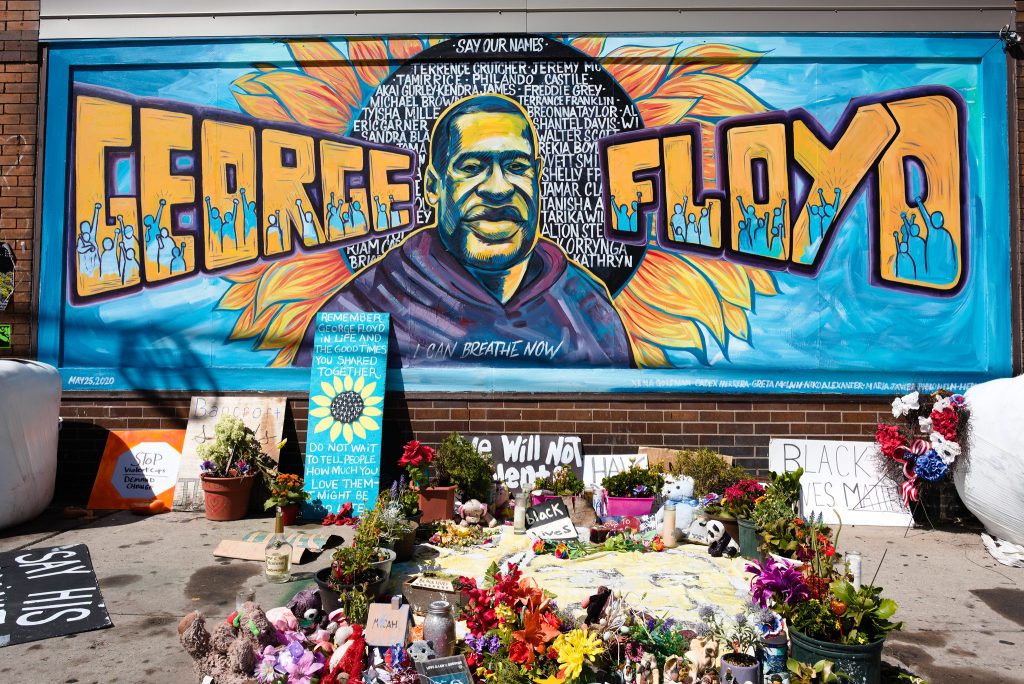One Year After the Murder of George Floyd, “There’s Still so Much Work” to Do
Karen Attiah of The Washington Post says while the consciousness of many white Americans has been elevated, changes like police reform move slowly.

It has been one year since the world watched the murder of George Floyd at the hands of a police officer. The ensuing summer protests of last year sparked conversations about race, police reform and systemic inequities that exist for communities of color in the United States. Now, one year later, the question is whether these conversations about racial justice have led to any real progress.
“It’s this question, how do you change a society that was literally founded on and (built its) wealth on the abuse of Black bodies while calling itself a democracy?” –Karen Attiah, The Washington Post
Listen: The Washington Post’s Global Opinions Editor Karen Attiah on the current state of racial justice in America.
Guest
Karen Attiah is Global Opinions Editor at the Washington Post. After the conviction of Derek Chauvin, she wrote a piece titled “The verdict isn’t the end of this story.” Attiah says one year after the murder of George Floyd, there has been both progress and backlash. “There’s this feeling that there’s still so much work still to be done … It’s this feeling that the past is still present … this structure of white and state violence against Black people.” She says the consciousness of many white Americans has been elevated, but changes like police reform move slowly in this country. “It’s this question, how do you change a society that was literally founded on and [built its] wealth on the abuse of Black bodies while calling itself a democracy?”
Attiah says people have been discussing the idea of reparations more since last summer. “I think about the word ‘reparations’ a lot and what, in essence, it’s supposed to mean, which is ‘repair’ … it is fundamentally about America repairing its relationship with the people who gave their lives and freedom to build this country by force.”
She says language surrounding racial justice conversations, like the word “woke,” are often co-opted by opponents and used as a pejorative against progressive thought. “The quality of the conversation is being diminished on purpose … It is a tried and true way to stop progress. And it is intentional.”
Trusted, accurate, up-to-date
WDET is here to keep you informed on essential information, news and resources related to COVID-19.
This is a stressful, insecure time for many. So it’s more important than ever for you, our listeners and readers, who are able to donate to keep supporting WDET’s mission. Please make a gift today.
